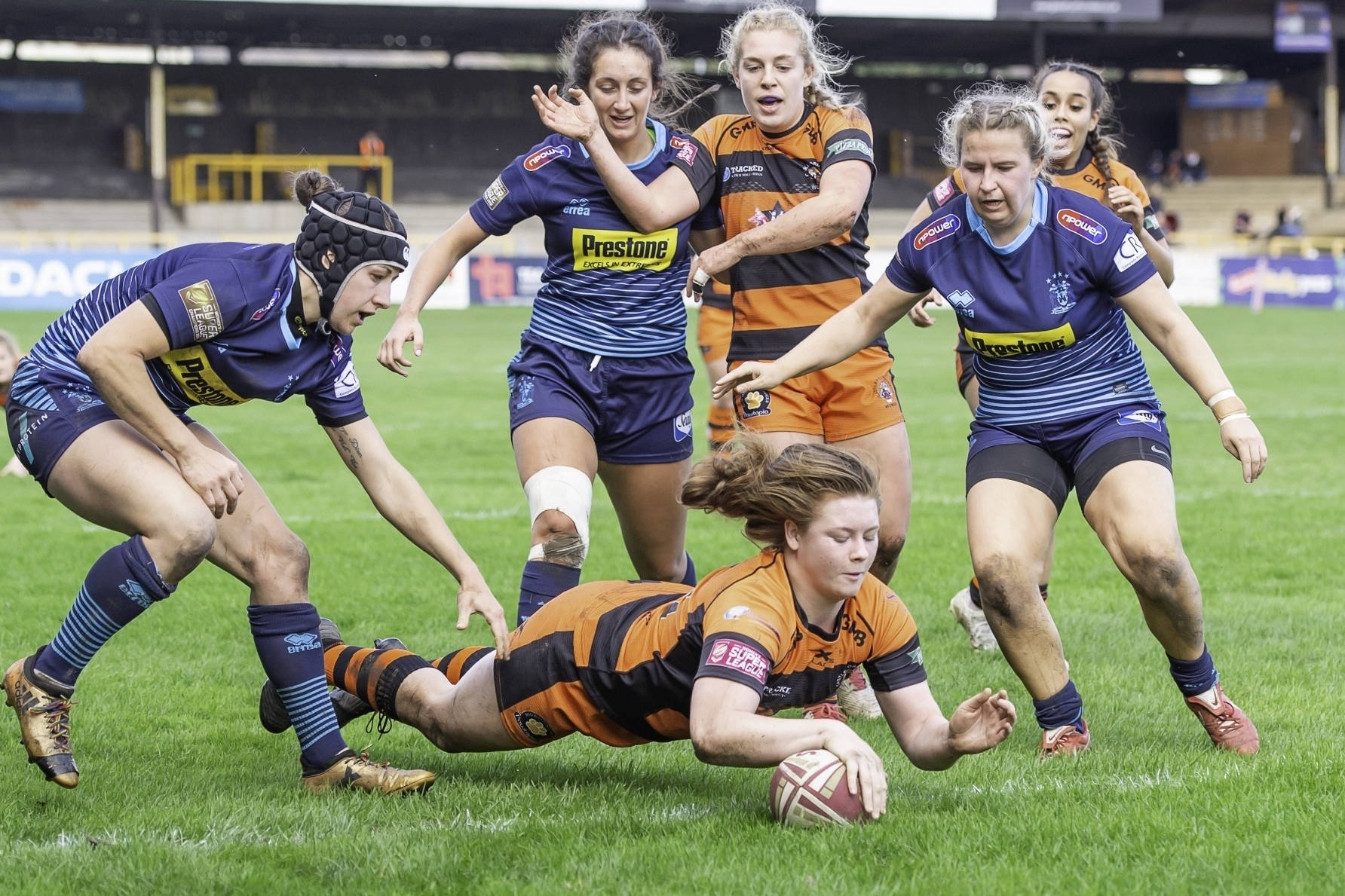KKP worked closely with the RFL to produce a strategy which highlights the positive social contribution being made by rugby league in some of the most deprived communities in the country while identifying and acknowledging the challenges facing the game. These include mounting costs, the deterioration of playing/training venues and changing facilities, the individual impact of Covid and the cost-of-living crisis and the erosion of local support networks. The strategy maps the investment needed to counteract these obstacles and to increase levels of participation in all formats of the sport.
Its basis is a comprehensive national consultation process with community clubs and professional club foundations. The accompanying strategy survey secured responses from 210 clubs, representing 1,787 teams (equating to 85% of all teams involved in the community game – one of the most complete community datasets for any NGB facility audit).
It is a key platform for RFL work with strategic partners including Sport England and the Football Foundation. Rugby league requires £100million over the six years to 2030 to improve existing and provide new grass pitches, invest in training facilities and transform clubhouses at core community clubs. The strategy sets out how, given the right level of resource, the sport will address club security of tenure, the development of women and girls’ rugby league, tackle inequalities and grow in traditional and non-traditional formats and take forward plans to develop a national centre for wheelchair rugby league.

